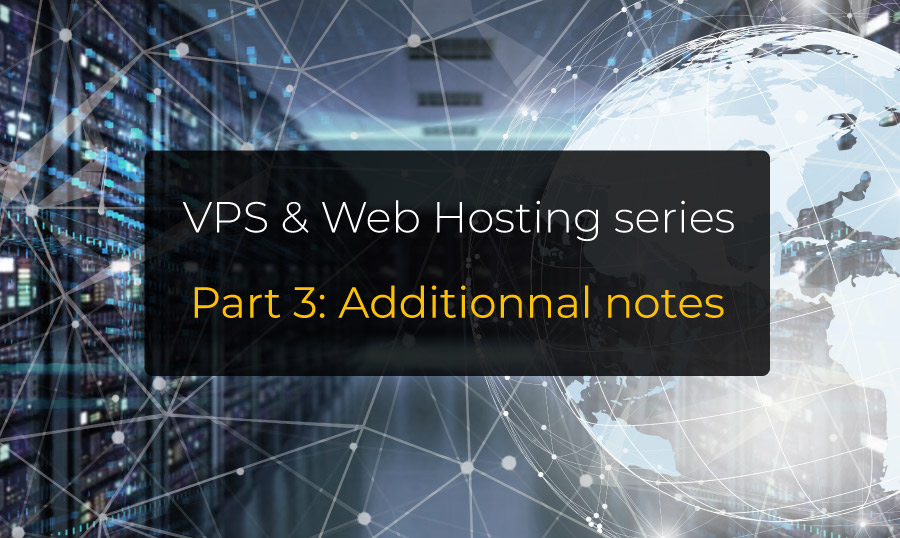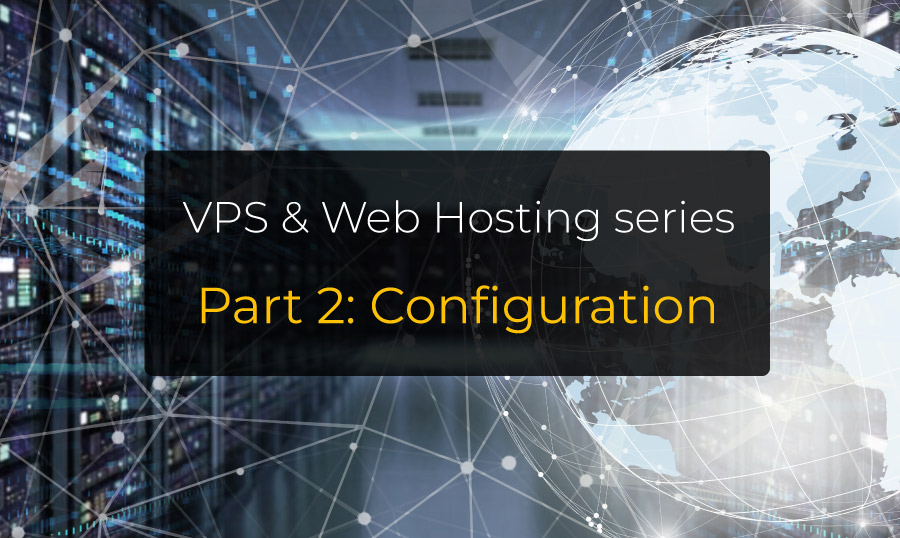
VPS & Web Hosting series part 3: Maintenance & additional notes
So... we did install everything we needed on our VPS to fulfill our client (ITRocks) requirements. The app is running blazing fast, it's secured and all but...
Did you think it was enough? Or did you secretly hope that there will be more? Maybe both!
Let's go a step further with this last part. To be fair, this part could have been itself an entire series, but we've already learned a lot, and what can be done next is... an almost infinite number of things depending on your use cases.


